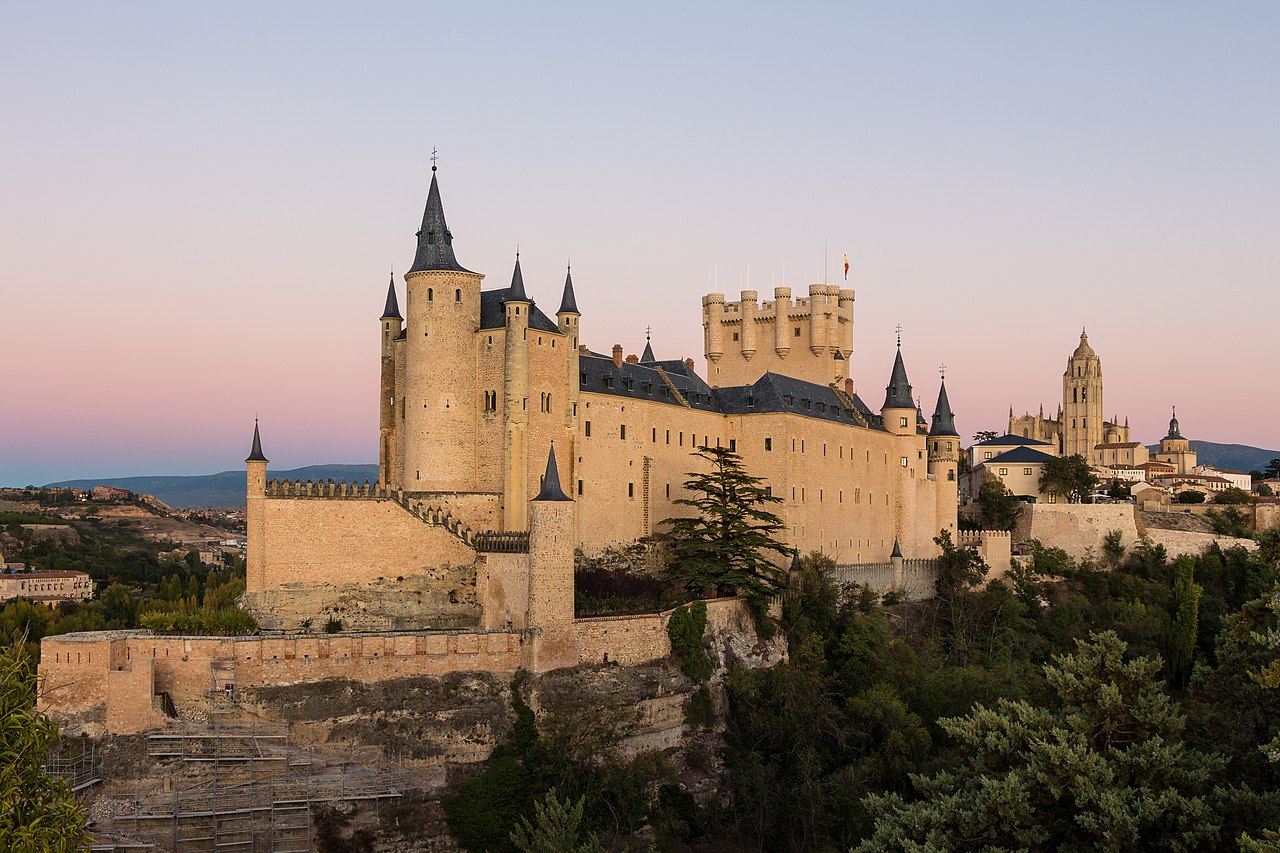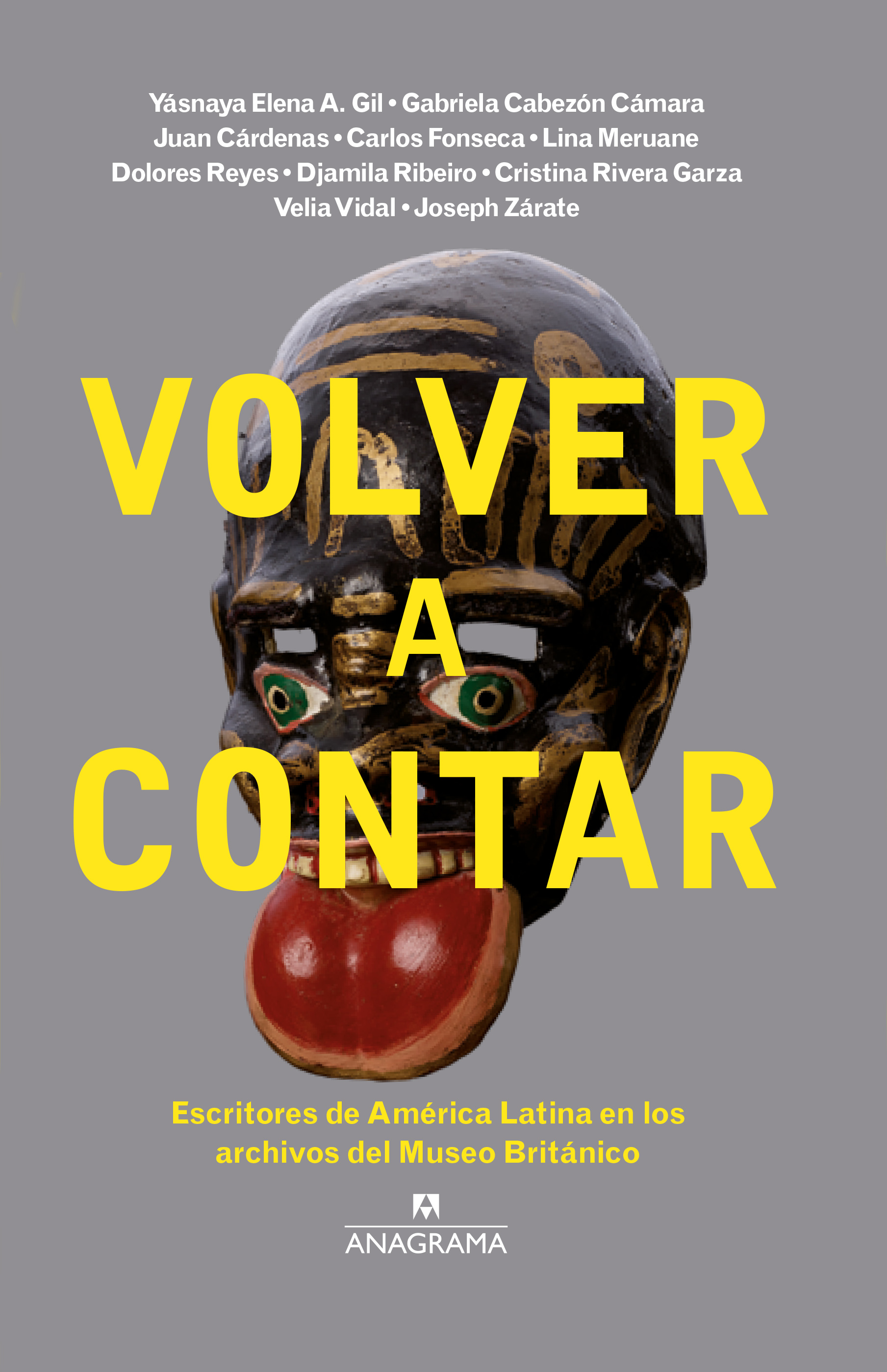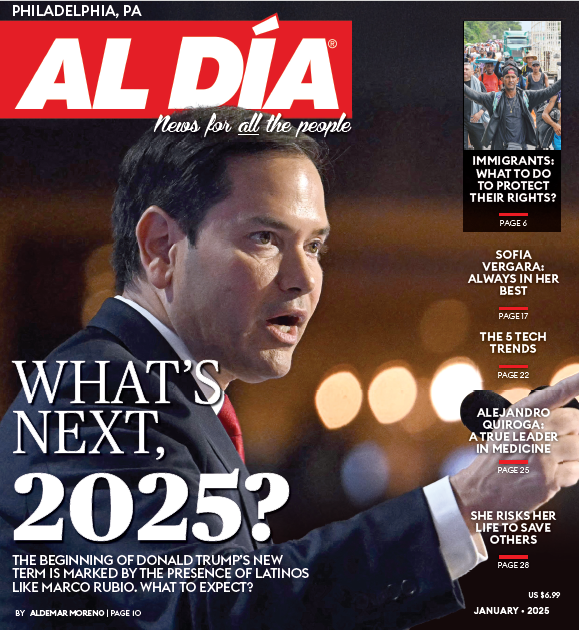
Hay Festival Segovia: The can't-miss literary event for after summer
The 17th edition of Hay Festival Segovia will be held from Sept. 15 to 18, 2022, in the beautiful, medieval Spanish city
Lovers of literature and travel who have money and free time in September are in luck. Sept. 15 marks the opening of the 17th edition of Hay Festival Segovia, a literary event that will bring together events, conferences and book presentations to excite the most curious minds for four days.
More than a hundred guests from 17 countries will travel to the Castilian capital to participate in a program that covers multiple ideas, from journalism, literature and contemporary art to artificial intelligence, robotics and business leadership issues.
One of the most outstanding events with a "Latin" touch will take place on Friday, Sept. 16, and is a presentation of Volver a contar: Writers from Latin America in the archives of the British Museum, an anthology of stories that arises from the collaboration between the British Museum and Hay Festival, to explore 10,000 years of history in Latin America.
The book, published by Anagrama, is the result of a group of Latin American writers exploring narratives about the past through The British Museum's collection of unknown Latin American objects. Among the authors of the anthology who will travel to Segovia are Carlos Fonseca (Costa Rica and Puerto Rico), author of Austral, Lina Maruane (Chile), author of Sistema nervioso, and Cristina Rivera Garza (Mexico), author of El invencible verano de Liliana, who will talk about the book, a mixture of rigorous research and fiction to help us better understand our history and try to fill in the gaps that are still blank today.

Another outstanding event, also scheduled for Friday, Aug. 16, is the debate entitled "Literature against Disinformation," in which Nativel Preciado and Antonio Lucas will participate in conversation with the editor Daniel Fernández.
The idea is to debate whether literature can counteract the negative consequences of fake news for society... Nativel Preciado and Antonio Lucas, two authors who are both journalists and writers, will try to answer this question, based on the premise that both literature and its presence in the media can be used to fight against the impact of fake news and in favor of quality journalism.
RELATED CONTENT
On the other hand, Segovia will be visited by many renowned writers, from Antonio Muñoz Molina to Espido Freire and Jacobo Bergareche, including Senegalese writer Mohamed Mbougar Sarr (winner of the 2021 Goncourt Prize) and the Swedish feminist cartoonist Liv Strömquist.
Other renowned international intellectuals such as historians Antony Beevor and Simon Sebag Montefiore, artists such as Ai Weiwei, Miquel Barceló, Liam Young and Joana Vasconcelos, and scientists such as Konstantin Novoselov (Nobel Prize winner in Physics) and biologist and ecologist Josef H. Reichof.
Among the most striking guests is a flock of 28 sheep, brought to the festival to talk about Albert Einstein's unification theory. Each animal will have the word YES or NO written on it, and will serve to illustrate that opposing ideas can coexist in peace.
Finally, Hay Festival Segovia will devote special attention to the French crime writer Simenon, whose work is being republished by Anagrama and Acantilado.
Recognized in 2020 with the Princess of Asturias Award for Communication and Humanities, the Hay Festival was born in 1988 in the small Welsh village of Hay-on-Wye. Since 2006, the organization has held its Spanish edition in Segovia under the direction of Sheila Cremaschi.
"The key to the success of our festival is that in our events the encounter between audience and author is so close, that this closeness creates an energy that the participant appreciates very much," said Cremaschi in a recent interview with RTVE. This year, the festival will revolve around two ideas: tradition and innovation. The tradition part would include all those interesting and unrepeatable debates that take place during the festival. But over the last few editions, adds the director, "we have been adding new technologies to the debate: How do creators use new technologies? Is robotics going to write literature? "This year we're going to continue researching along these lines."












LEAVE A COMMENT: